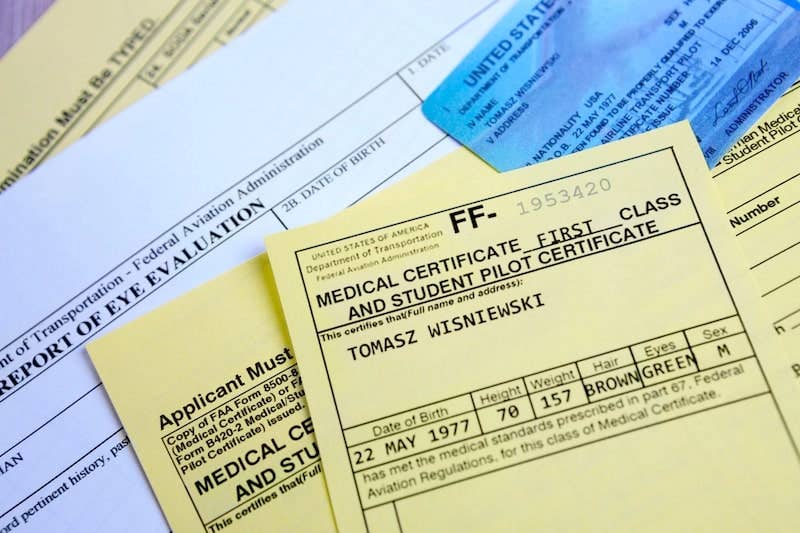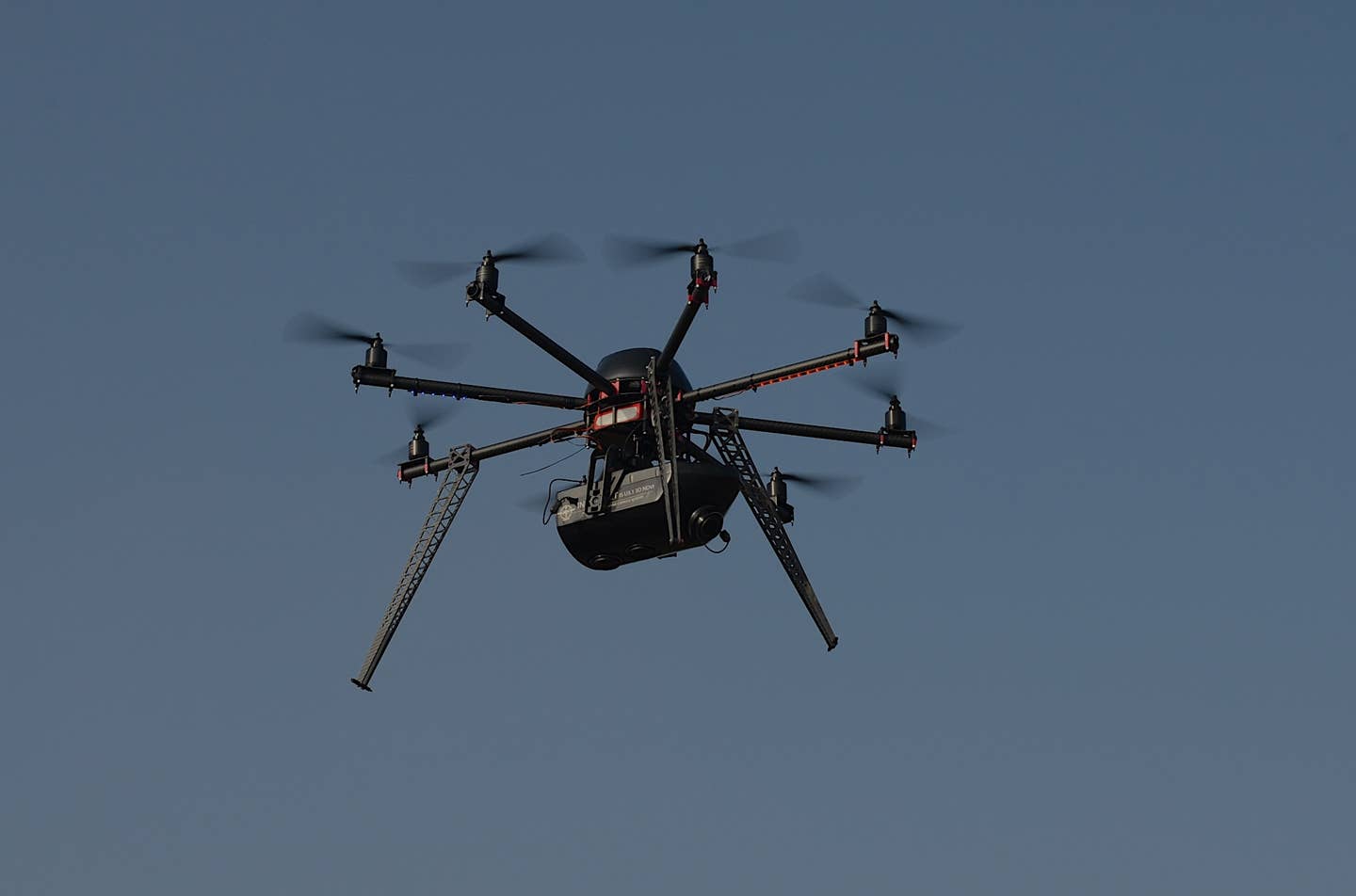New Hope For Flight Medical Clarity?
Are authorities moving to a more collaborative and permissive environment for flight medicals?

About 10 years ago, the Federal Flight Surgeon's Office decided that sleep apnea was the next scourge of the skies and must be eliminated. New research had determined that certain physical characteristics made it more likely that a person might suffer from the disorder, which can increase the chance of heart failure and sudden death. So it ordered AMEs across the country to send every pilot with a paunch for a sleep study at a cost of thousands of dollars. Filled with bureaucratic virtuousness, the decree was signed and put in force. There was no notice, no consultation, no announcement, just the sweep of a pen.
It's funny how things come to light. A reader in Germany who ran a forum for floatplane pilots there sent me a note and asked if I had any more information on the new order, which he found while exploring the dark recesses of the FAA website. Well, within a few hours, suffice to say, the aviation world was alerted and the initiative was gone a few sleeps later.
Pilot medicals have always been a prickly subject and the agency has always seemed to cherry pick from medical advances in ways that make it increasingly difficult to qualify to fly airplanes. New diagnostic tools improve the ability to spot issues that threaten a pilot's ability to fly, and the agency seems to pounce on those developments.
But treatments and cure rates have also vastly improved for scores of medical conditions and it seems to take forever for the FAA to acknowledge those advances and apply them to the medical fitness requirements. The approach is adversarial and puts pilots on the defensive and, when it's least appropriate, secretive. There are numerous financial, personal and skill-testing obstacles to being a pilot, but it's safe to say the one that scares pilots most is losing their medical.
So, how do they deal with the threat? It's an open secret that plenty of pilots lie through their teeth to air medical examiners. And when lying won't work, they hide potentially serious conditions from their family doctors to ensure the flight-ending diagnosis isn't made. Blame whoever you want to but it's a convoluted mess that presents a real threat to flight safety. It's also a systemic problem and it needs a systemic solution.
A highly publicized incident earlier this year brought the issue of pilot mental health to the forefront. I doubt sleep apnea was ever going to do that, but I digress. When an Alaska Airlines pilot hitching a jump seat ride back to his base in San Francisco suddenly went berserk and pulled the fire extinguisher handles in the cramped confines of the E175 flight deck, there was all the usual blaming and demands for answers, but the perpetrator himself was able to change that narrative. Capt. Joseph Emerson came clean about his years of mental health issues and the loss of a close friend that culminated in his fateful decision above the Oregon coast.
A few days later, the FAA announced it was setting up a rulemaking committee to bring mental health assessment and its place in medical fitness up to date. “Mental health care has made great strides in recent years, and we want to make sure the FAA is considering those advances when we evaluate the health of pilots," said newly confirmed FAA Administrator Mike Whitaker.
Not to be outdone, the NTSB then announced a daylong hearing on the topic to be held on Wednesday, although it inexplicably decided to make it an in-person hearing only with no livestream. Those of us who won't be in Washington on Wednesday will have to wait for the rerun.
Nevertheless, the moves, though tentative, point to a new permissive approach by the FAA and those who try to guide its actions when it comes to pilot health. Don't expect any instant changes. It will take years for anything concrete to come out of all this, if indeed anything does. But maybe the initiatives signal a move to help conserve the flight status of hundreds, if not thousands, of already-trained and motivated pilots who see a way to work collaboratively with FAA medical to solve their issues and fly safely.
More importantly, however, it might give pilots, who, after all, have always had the final say and ultimate responsibility to safely exercise the privilege, the fair shake that everyone wants and deserves.






